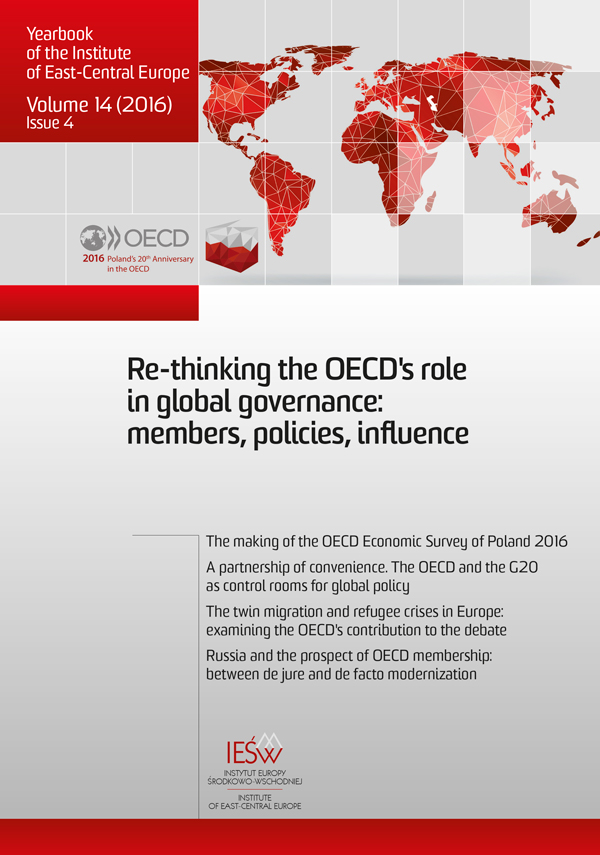Your neighbours’ growth doesn’t always matter – an empirical study of 45 transition economies
Your neighbours’ growth doesn’t always matter – an empirical study of 45 transition economies
Author(s): Péter Mihályi, Zsuzsanna BanaszSubject(s): National Economy, International relations/trade
Published by: Instytut Europy Środkowej
Keywords: comparative economic systems; growth accounting; neighbourhood effect; regional growth effect; contagion effects
Summary/Abstract: On the occasion of the 25th anniversary of the regime change in the communist world, and the 20th anniversary of Poland’s membership in OECD, this paper looks at the growth performance of the former post-socialist countries by using a much larger sample than earlier studies. These economies are located geographically very far from each other, and thus, they are imbedded in regions with different growth record. The paper examines whether the growth spillover effect from the neighbourhood is important enough to explain the vastly different catching-up performances of 45 different post-socialist economies (PSEs). The econometric investigations led to divergent findings. For the sample as a whole, the spillover effect does not carry the same significance as compared to the importance of the initial development level in 1989. We also found a small, but statistically significant negative impact of nation-building for those countries which were newly (re)created. Relative to all these factors, the impact of being a landlocked country or having or not having a rich natural resource endowment does not seem to have a significant effect either. The neighbourhood effect for PSEs is statistically significant, but this is not the case for 23 OECD countries which didn’t have a communist past in their recent history. But the initial development level (1989) had more impact on growth in the case of OECD countries, than in PSE economies.
Journal: Rocznik Instytutu Europy Środkowo-Wschodniej
- Issue Year: 14/2016
- Issue No: 4
- Page Range: 101-127
- Page Count: 27
- Language: English

